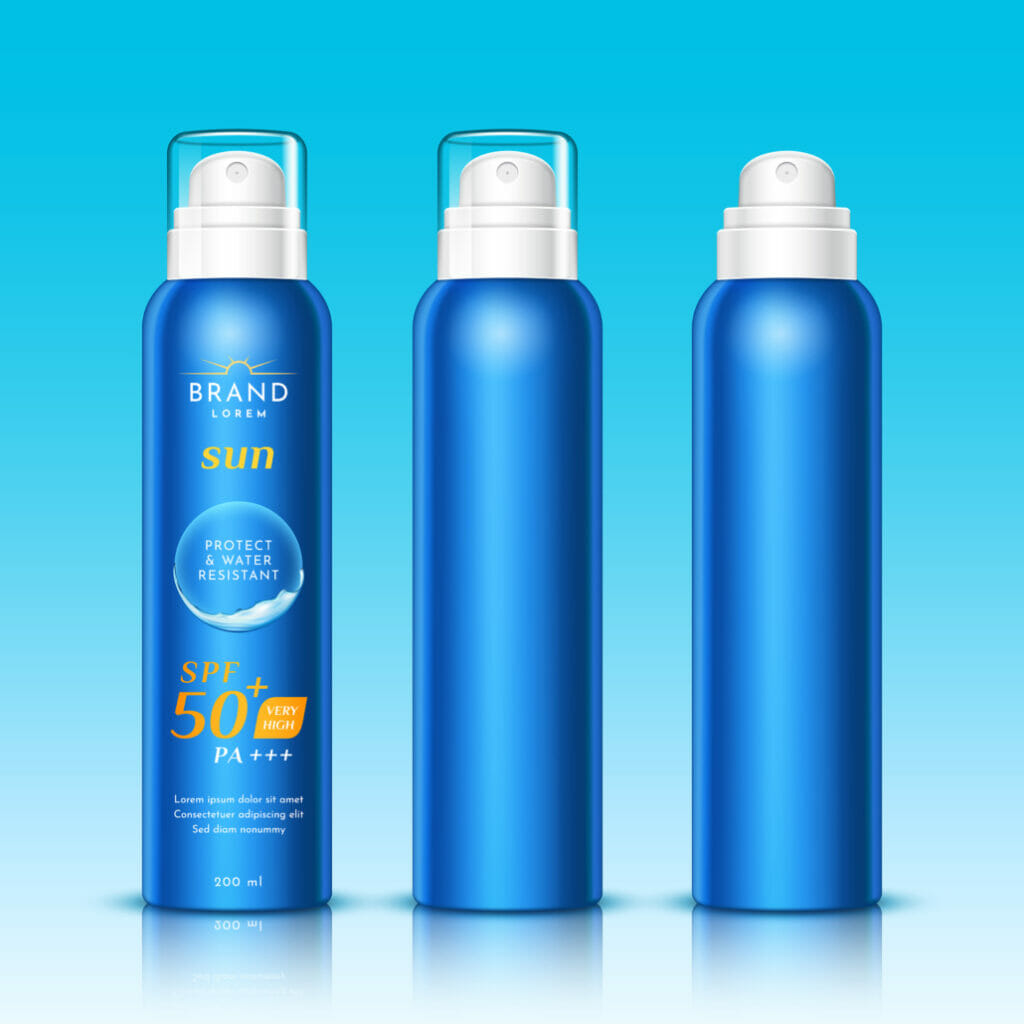
Summer is in full swing. While enjoying time outdoors with your family and friends, it’s easy to get caught up in all the fun and relaxation, and forget about protecting your skin against the sun.
Sunscreens help shield your skin from the sun’s dangerous ultraviolet (UV) rays Some work by scattering the light, reflecting it way from your body, and others absorb UV rays before they can even reach your skin. Whether the sun is out or it’s cloudy outside, you’ll still need to apply sunscreen to protect your skin from damage. While sunscreen should be used every day of the year, it’s even more important during summer – the days are longer, the sun is stronger, and more time is spent outdoors.
Sun protection factor (SPF) is a number that indicates how much protection a product offers against UVB light. A product with a higher SPF number will offer greater protection. When choosing a sunscreen, make sure the label says:
- Broad spectrum. A broad spectrum sunscreen protects against UVA and UVB rays, which are different types of UV rays that can damage your skin.
- SPF 30 or higher. The American Academy of Dermatology recommends that you select a sunscreen with an SPF rating of 30 or higher, especially for extended stays outdoors. A sunscreen with an SPF of 30 will block out 97% of the sun’s UVB rays.
- When going in and out of the sun on a daily basis, your skin gets a lot of exposure to UV rays. Using a sunscreen with an SPF of at least 15 on a daily basis will help protect you, only if you won’t be in the sun for long time.
Here are the proper ways to use sunscreen to protect your skin.
- Make sure to apply sunscreen at 30 minutes before you go outside.
- Use sunscreen on all areas that will be exposed to the sun. That includes your face, ears, hands, arms, and chest area.
- Wear a wide brimmed hat (and sunglasses) that covers your face.
- Reapply sunscreen every two hours, especially after you’ve been in the water or if you have been sweating a lot.
- Apply water-resistant sunscreen if you will be around water or swimming. Water resistant sunscreens can last for up to 80 minutes in the water, and some are also sweat resistant.
- Use sunscreen even when it’s cloudy. UV light can pass through clouds, too.
- Check the expiration date, since sunscreen becomes less effective over time. Never, under any circumstance, should you use expired sunscreen – it will not give you the protection that you need.
Consider your skin type and allergies when you are purchasing sunscreen. If you are experiencing rashes from sunscreen, it’s important to try to figure out why. Instead of not using sunscreen at all, find one that doesn’t result in you having an allergic reaction. The amount of time it takes for an allergic reaction to show depends on the person – it can happen within minutes or it can take a few days. If you are still having allergic reactions to sunscreen, it’s important to speak with your doctor. They will be able to tell you the proper ones that you should use.
Try to avoid being out in the sun during the day. The sun’s rays are at their strongest between 10 am and 4 pm. A combination of shade, proper clothing, and using sunscreen year-round will help to protect your skin from the sun.
Written by Dami Falade



